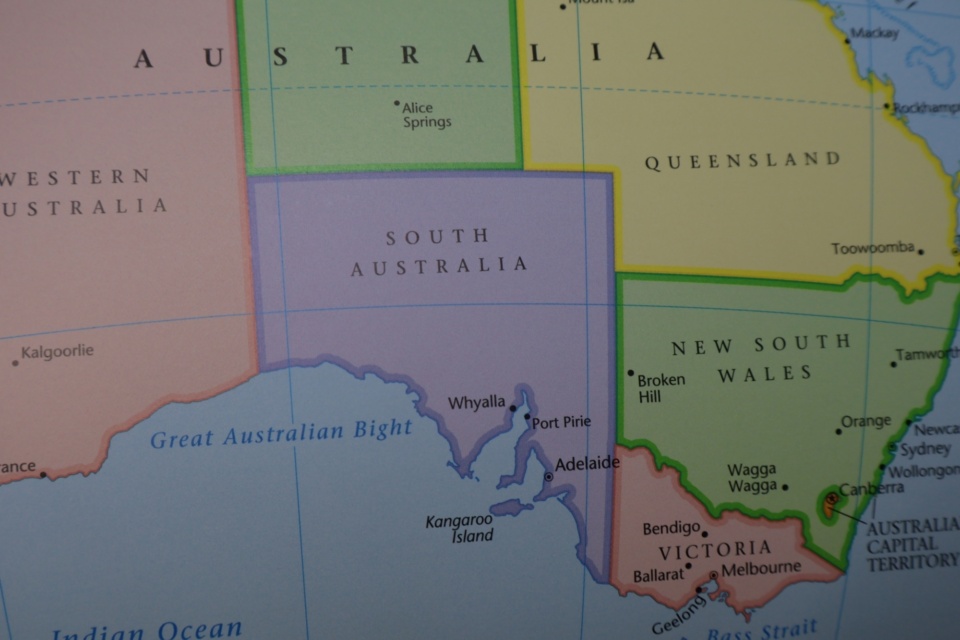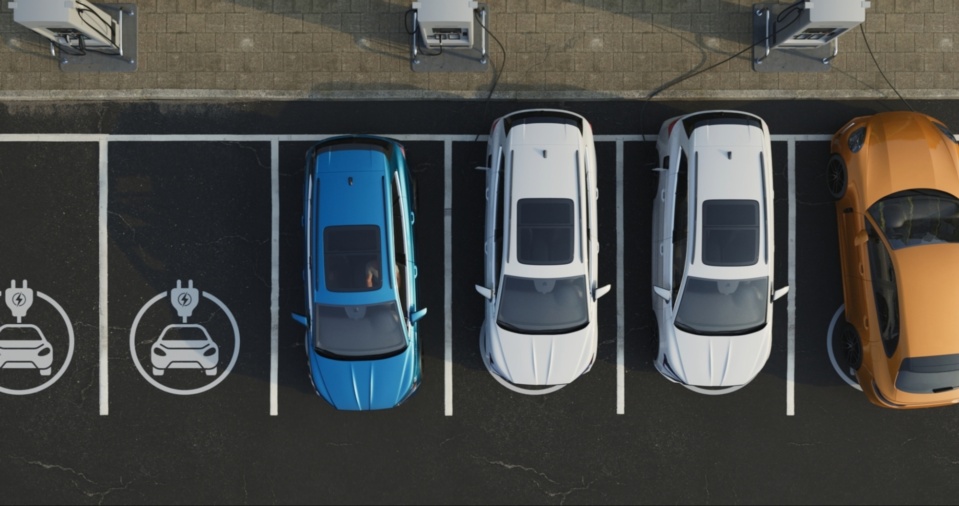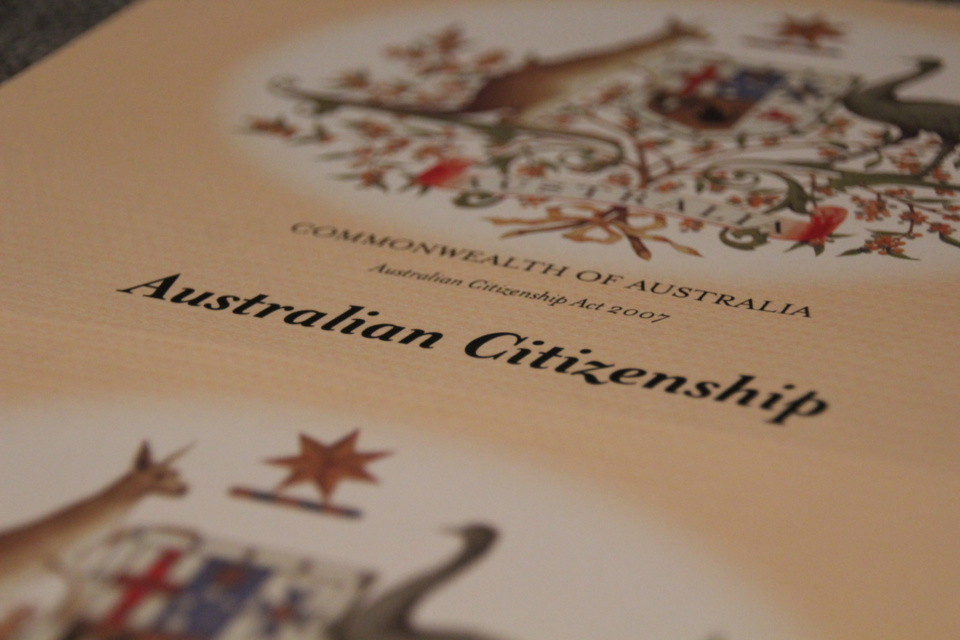
For community groups, federation is an eight-part headache
Posted on 03 Dec 2025
If you wanted an example of the problems inherent in federal systems, you couldn’t do better than…
Posted on 05 Feb 2024
By Denis Moriarty

Opponents of renewable technologies such as wind power are blowing a lot of hot air, says Our Community group managing director Denis Moriarty.
There was another Rally Against Reckless Renewables, this time in Canberra, on 6 February, where attendees were enticed to attend by the chance to hear seven senators (Jacinta Price, Ralph Babet, Malcolm Roberts, Ross Cadell, Gerrard Rennick, Pauline Hanson and Matt Canavan), Barnaby Joyce, Bob Katter, Craig Kelly and a scatter of other climate deniers complain that Australia’s timid fumblings at carbon reduction will disadvantage country people.
It’s tempting to point out their errors and refute their proposed solutions, but that would be to accept that they were in some sense or another arguing in good faith, which would be a category error.
The demonstration was, for example, seeking a moratorium on wind farms.
I could give the reasons why that’s stupid – windmills aren’t taking more land than, say, new suburbs, they’re not killing whales, they’re not emitting subliminal noise – but why bother? None of the people behind this give a toss whether their claims are true or not.
If you want to understand their motivations, you have to go to an old and probably apocryphal story about Frank Sinatra.
Some charity or other was holding a benefit concert and went into Sinatra’s office to ask him to sing. His front man – someone very large – listened to the pitch, shook his head and said, “Mr. Sinatra won’t sing at your concert because he doesn’t like tomatoes.”
Tomatoes? Tomatoes? What have tomatoes got to do with it? This is a charity for a non-tomato-related good cause!
The large man shook his head again. “If you’re Frank Sinatra,” he said, “and you don’t want to do something, any reason is a good reason.”
Arguing with Matt Canavan, say, on wind farms is like engaging Frank Sinatra on the topic of tomatoes. He holds his beliefs on climate change not because he’s been driven to them by the evidence but because they accord with his prior predilections.
If Canavan thought that going on burning coal would in fact make the earth uninhabitable for human beings (spoiler: it will) then he would be forced to accept the need for more government spending – something he’s spent his life opposing – and more government direction – something he’s spent his life panicking over.
Oh, and it would involve conceding a victory to the tattooed woke latte-and-chardonnay-and-chinotto-sipping city folk he despises, which might be the biggest barrier of all.
The most significant motivator in Australian society (and politics) is people’s desire to think well of themselves.
They decide what kind of person they are, and then they assemble the convictions they think are appropriate to that kind of person, and they believe in the facts that go with those opinions. Policy outcomes come a long way second to self-justification.
"The problem is not that conspiracy theorists are having a big Canberra picnic, the problem is that the Australian political system incentivises cookers and then rewards them with the ability to block forward movement."
And Western popular culture has been since the Song of Roland in the 11th century built on the myth of the strong man who scorns well-meant advice and rides roughshod over difficulties.
The ideal warrior is like pub toilet paper: rough, tough, and takes no shit from anybody.
We all have some element of that in our self-image, but conservatives rely on it as their guiding principle. That’s why they still yearn for Tony Abbott.
The problem is not that conspiracy theorists are having a big Canberra picnic, the problem is that the Australian political system incentivises cookers and then rewards them with the ability to block forward movement.

Pauline Hanson pressures the more wayward Country Party members, who forbid the Country Party leaders to act rationally, who in turn put a bridle around the neck of the Liberals, whose opposition then reduces the options of a government that was pretty cautious to begin with.
Australia is good at hurdles – well, good at putting them up, anyway – and bad at sprints. Seven senators! That’s damn nearly a stateful!
We’re particularly good at objecting to new projects. These are invariably, according to protesters (National Rally speakers among them), built for the wrong reasons by the wrong people in the wrong place.
Of course they are: Australia doesn’t have the kind of planning system that could identify the best spot for these things and make it happen.
All governments can do is look at the proposals businesspeople put forward from time to time and say yes or no to each one. It’s not going to be optimum, but what in Australia ever is?
When the Rallyists complain, though, that the power lines are going to drive ‘multi-generational farmers’ off the land, I can’t help feeling that the multi-multi-multi-multi-multi-multi-multi-(to the bottom of the page)-multi-generational First Nations people who’ve just been kicked in the teeth by this movement (and sorry, Jacinta – you were complicit in that) must be smiling.
What, some Australians’ ancestral traditions deserve more consideration than others? Who knew?
Denis Moriarty is group managing director of OurCommunity.com.au a social enterprise that helps the country's 600,000 not-for-profits.
We're proud to take a stand on progressive issues. Here's a taste of our commentary.

Posted on 03 Dec 2025
If you wanted an example of the problems inherent in federal systems, you couldn’t do better than…

Posted on 19 Nov 2025
When it comes to loyalty to car brands, it can be confusing who we should support, and, even more…

Posted on 05 Nov 2025
Before the Prime Minister gets too excited about his recent meeting with the American President, he…

Posted on 14 Oct 2025
The idea of "long term" is not something that sits well in the social media era, yet governments…

Posted on 30 Sep 2025
I am proud of what Our Community, and its exceptional team, have achieved in the past 25 years. As…

Posted on 16 Sep 2025
Happy Australian Citizenship Day! To mark the occasion, Our Community leader Denis Moriarty takes…

Posted on 02 Sep 2025
Words live, evolve, and sometimes die. Some words are invented from scratch, some are old words…

Posted on 26 Aug 2025
The cost of the National Disability Insurance Scheme (NDIS) is climbing relentlessly – $44 billion…

Posted on 04 Aug 2025
The new leader of the Liberal Party, Sussan Ley, wants to increase the proportion of women…

Posted on 08 Jul 2025
The United States wants Australia to spend more on its armed forces. That’s the way nations talk…

Posted on 26 May 2025
When it comes to citizenship, Australians want to have their cake and eat it too, writes group…

Posted on 19 May 2025
The lack of judicial partisanship in Australia compared to the United States is something to be…